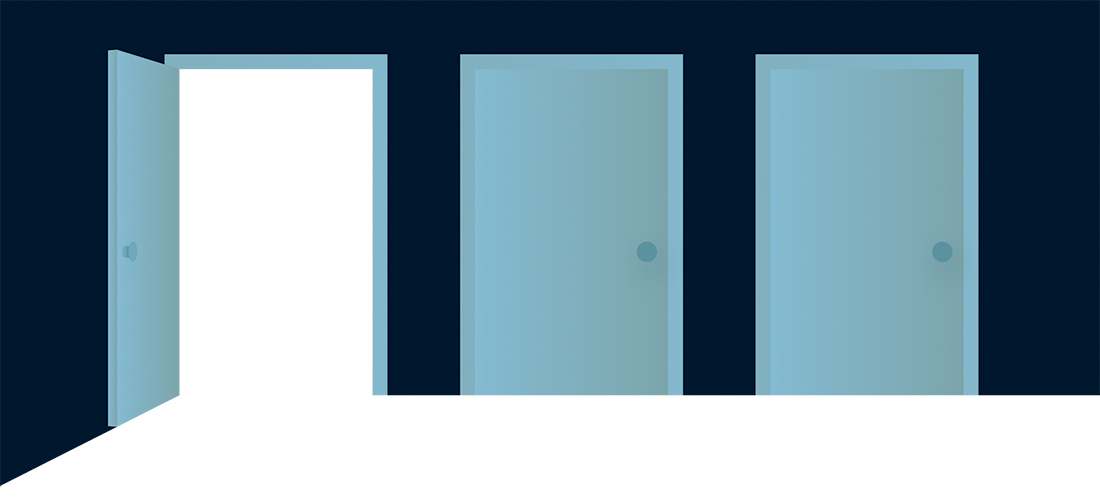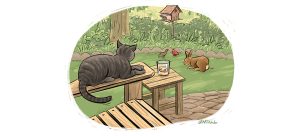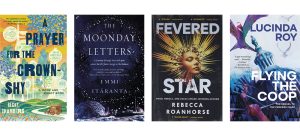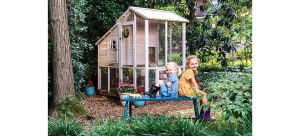
The Stuff That Really Matters
When one closet door closes, another kind of door opens
By Cynthia Adams
Meet The Minimalists: Two childhood pals named Joshua Fields Millburn and Ryan Nicodemus.
They took Marie Kondo and her sparkling mantra about the joy of clearing and cleaning straight to the trash bin.
Millburn and Nicodemus upped the ante. They want you to quit stuffing your life with, well, stuff and heal your stockpiling-shiny-baubles-like-a-magpie miserable life.
The Minimalists know Kondo beat them to the movement, but their message is different. Organizing and streamlining is not enough.
Nor do they want to sell you nifty organizing bins and accessories, like Real Simple magazine or Kondo.
A nice reorg misses the point. Millburn and Nicodemus say most of us need a life reboot. A new way to make and find meaning — and, spoiler, it won’t come in an Amazon package. It is derived through community and connection.
Tucked into their minimalist philosophy is a scary warning from neuroscientists. It’s the message we’ve been avoiding since we began earning a paycheck. Whenever we troll for goods, whether the perfect white shirt, wine glass or running shoe, we are responding to an ancient evolutionary drive to hunt and gather. Except, this biological imperative no longer serves a purpose; famine is not at the door. Nor is the saber tooth tiger, but you wouldn’t know it by the way shoppers trample others during a Black Friday melee.
That stampede to be first inside Target’s doors? It has never been about the bargain TV. It is about our biology.
Researchers from Carnegie Mellon, MIT and Stanford used fMRI to study the brains of test subjects while clothes shopping.
There were two interesting takeaways. The nucleus accumbens — aka the pleasure center of the brain — lights up when a subject is shown something they desire. The greater the desire, the greater the brain activity.
The greater the prospect of pleasure.
The Minimalists insist our biology is not our destiny. “If poisoned by excess, more poison will not save you.”
Perhaps you’ve discovered The Minimalists on Netflix. Or heard their podcast and began rooting out nearly identical jean jackets, purses and t-shirts stuffed in the closet. Maybe you couldn’t give a happy hoot about minimizing.
But thousands do relate to Millburn and Nicodemus, whose shared quest began with crisis.
In the same month, Milburn lost both his marriage and his mother. (He was reared by a single mother who wrestled with alcoholism.)
Nicodemus, however, who rejected the family business to chase corporate success, successfully navigated the corporate labyrinth. In fact, he was promoted again and again. Yet his victory felt hollow. He was miserable. Meanwhile, Millburn, who had lost everything and ought to have been miserable, was strangely exuberant. Why?
He told Nicodemus he had lost touch with himself, while chasing after shiny, sparkly, things.
He began sorting and evaluating his possessions, wanting fewer possessions and more joy. Remember Marie Kondo’s advice that your belongings must “spark joy”?
Well, have you ever wandered through your home, evaluating an object with that in mind?
Our 1926 house has tiny closets, whose doors the Realtor avoided opening.
A century later, closets tell the story of modern life — repositories for pleasures that flickered briefly before dying in the nucleus accumbens.
My jammed full closets seem to reproach me for my magpie ways.
The Minimalists are opening an entirely different door. OH
Cynthia Adams is a contributing editor to O.Henry.




